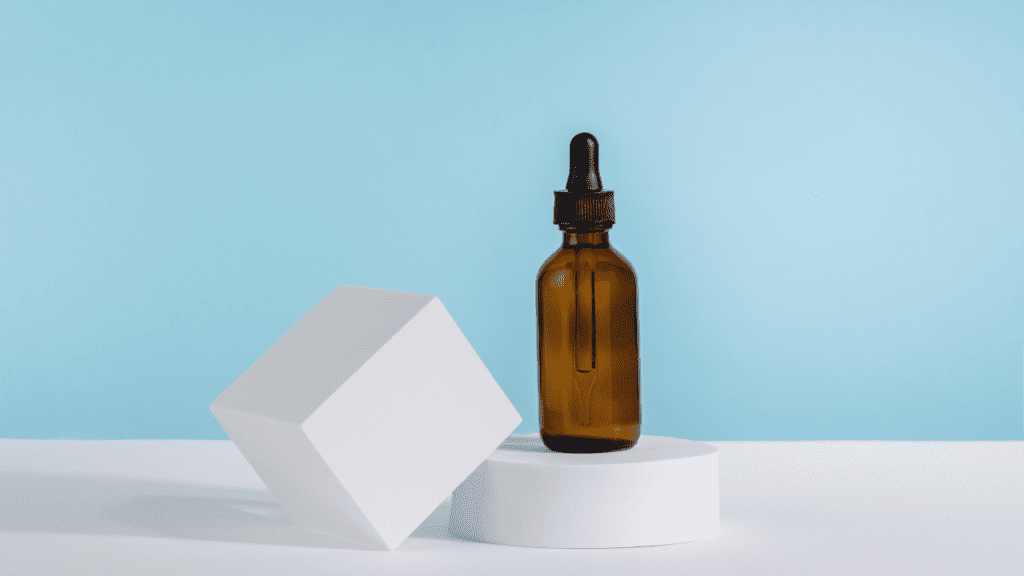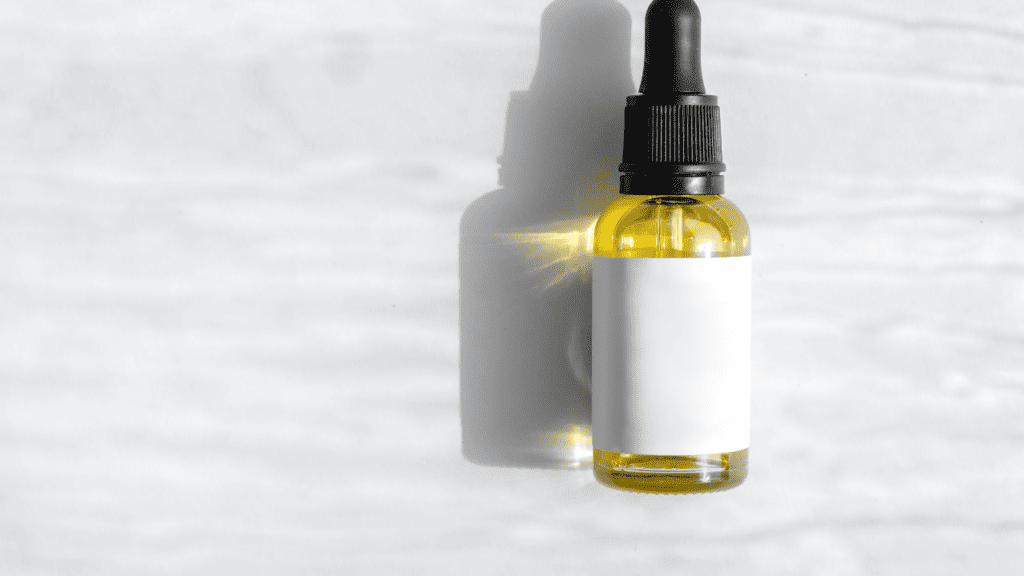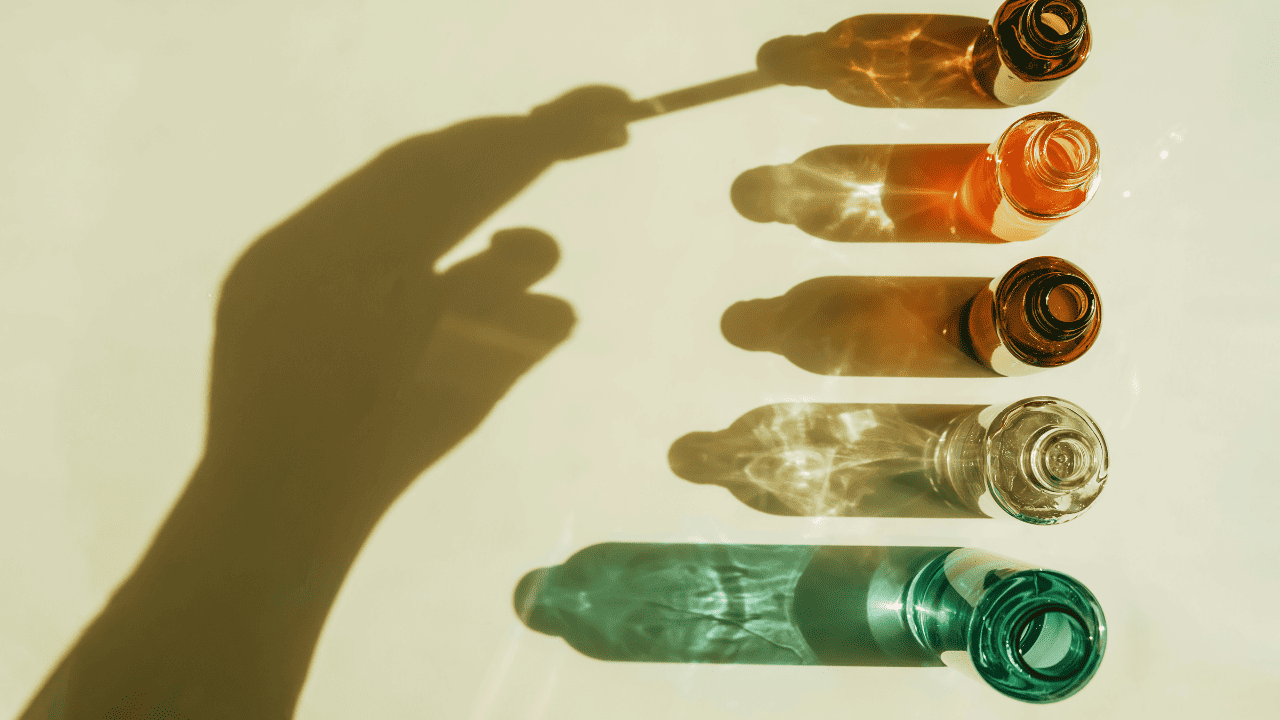Peptides are a popular ingredient in skincare products. They are chains of amino acids that are the building blocks of proteins. Peptides are smaller than proteins, and they can penetrate the skin more easily. They are used in skincare products for their ability to stimulate collagen production, improve skin texture, and reduce the appearance of fine lines and wrinkles.

Understanding Peptides and Their Role in Skincare
Peptides work by stimulating the production of collagen, which is a protein that gives skin its elasticity. As we age, the production of collagen slows down, which can lead to wrinkles and sagging skin. Peptides can help to boost collagen production, which can lead to firmer, smoother skin. Peptides can also help to improve skin texture and reduce the appearance of fine lines and wrinkles.
Selecting and Using Peptide-Based Skincare Products
When selecting peptide-based skincare products, it is important to look for products that contain the right type of peptides for your skin type and concerns. Different peptides have different functions, and some are more effective than others. It is also important to follow the instructions for use carefully, as overuse of peptide-based products can cause irritation and other side effects.
Key Takeaways
- Peptides are chains of amino acids that stimulate collagen production and improve skin texture.
- Peptide-based skincare products can help to reduce the appearance of fine lines and wrinkles.
- When selecting peptide-based skincare products, it is important to choose the right type of peptides for your skin type and to follow the instructions for use carefully.
Understanding Peptides and Their Role in Skincare

Peptides are short chains of amino acids that are the building blocks of proteins. They are naturally present in the human body and play a vital role in various biological processes. In recent years, peptides have gained popularity in the skincare industry due to their ability to improve the appearance of fine lines and wrinkles, boost collagen production, and enhance skin elasticity and firmness.
The Science of Peptides
Peptides work by sending signals to the skin cells to perform specific functions. When applied topically, peptides penetrate the skin and stimulate collagen and elastin production, which helps to reduce the appearance of fine lines and wrinkles. They also improve the skin’s natural ability to retain moisture, which results in smoother, more hydrated skin.
Peptides are classified based on their function and structure. Some peptides act as neurotransmitters, while others act as hormones or growth factors. In skincare, the most commonly used peptides are signal peptides, which stimulate collagen production, and carrier peptides, which improve the delivery of other active ingredients.
Benefits of Peptides in Skincare
Peptides offer numerous benefits for the skin, making them a popular ingredient in many skincare products. Some of the benefits of peptides in skincare include:
- Reducing the appearance of fine lines and wrinkles: Peptides stimulate collagen and elastin production, which helps to smooth out fine lines and wrinkles.
- Boosting collagen production: Collagen is a protein that gives the skin its structure and firmness. Peptides help to increase collagen production, which can improve the skin’s elasticity and firmness.
- Improving skin hydration: Peptides help to improve the skin’s natural ability to retain moisture, resulting in smoother, more hydrated skin.
- Enhancing skin texture: Peptides can help to improve the overall texture of the skin, making it smoother and more even.
Overall, peptides are a promising ingredient in skincare due to their ability to improve the appearance of fine lines and wrinkles, boost collagen production, and enhance skin elasticity and firmness.
This post may contain affiliate links, which means I’ll receive a commission if you purchase through my link, at no extra cost to you. Please read full disclosure here.
Selecting and Using Peptide-Based Skincare Products

Peptides have become increasingly popular in skincare products due to their ability to stimulate collagen production and improve skin texture. However, with so many peptide-based skincare products available, it can be challenging to determine which one is right for you.
Types of Peptides Used in Skincare
There are several types of peptides used in skincare, each with its unique benefits. For example, copper peptides are known for their ability to reduce inflammation and promote wound healing. Palmitoyl pentapeptide-4, also known as Matrixyl, is a popular peptide that stimulates collagen production and reduces the appearance of fine lines and wrinkles.
Other peptides commonly used in skincare include oligopeptides, neuropeptides, and signal peptides. Oligopeptides are short chains of amino acids that can penetrate the skin and stimulate collagen production. Neuropeptides, on the other hand, work by relaxing facial muscles and reducing the appearance of wrinkles. Signal peptides communicate with skin cells to repair and regenerate damaged tissue.
Incorporating Peptides into Your Skincare Routine

When selecting a peptide-based skincare product, it is essential to consider your skin type and concerns. For example, if you have dry skin, a peptide serum may be more beneficial than a moisturizer. Peptide serums are lightweight and penetrate the skin quickly, providing hydration and stimulating collagen production.
If you have sensitive or acne-prone skin, it is essential to choose a peptide-based product that is gentle and non-irritating. Look for products that are labeled as non-comedogenic and fragrance-free. It is also advisable to consult with a dermatologist before incorporating new products into your skincare routine.
When using peptide-based skincare products, it is essential to follow the manufacturer’s instructions carefully. Overuse can lead to irritation and damage to the skin barrier. It is also important to note that peptides work best when combined with other skincare ingredients, such as antioxidants and hyaluronic acid.
In conclusion, peptides can be a valuable addition to your skincare routine, but it is essential to choose the right product for your skin type and concerns. By selecting high-quality peptide-based skincare products and following a consistent skincare routine, you can achieve healthy, hydrated, and youthful-looking skin.
Frequently Asked Questions
How do peptides improve skin health?
Peptides are short chains of amino acids that occur naturally in the body and play a crucial role in the production of collagen, elastin, and other proteins that keep the skin firm, smooth, and youthful-looking. Peptides in skincare products can help to stimulate collagen production, improve skin elasticity, reduce the appearance of fine lines and wrinkles, and even out skin tone. They can also help to strengthen the skin barrier, protect against environmental stressors, and promote overall skin health.
What are the different types of peptides used in skincare products?
There are several different types of peptides used in skincare products, each with its own unique benefits. Some of the most common types of peptides used in skincare include:
– Copper peptides: These peptides are thought to help stimulate collagen production and improve skin firmness and elasticity.
– Palmitoyl peptides: These peptides are often used in anti-aging products and are thought to help reduce the appearance of fine lines and wrinkles.
– Hexapeptides: These peptides are thought to help relax facial muscles and reduce the appearance of expression lines.
– Oligopeptides: These peptides are often used in brightening and firming products and are thought to help even out skin tone and improve skin texture.
Can peptide serums help with skin tightening, and if so, which are most effective?
Peptide serums can be effective for skin tightening, but the results will vary depending on the specific product and the individual’s skin type and concerns. Some of the most effective peptide serums for skin tightening may contain copper peptides, which can help to stimulate collagen production and improve skin firmness and elasticity. Palmitoyl peptides may also be effective for reducing the appearance of fine lines and wrinkles, which can contribute to a more youthful-looking complexion. However, it’s important to note that peptide serums should be used as part of a comprehensive skincare routine that includes sun protection, hydration, and other targeted treatments for best results.






